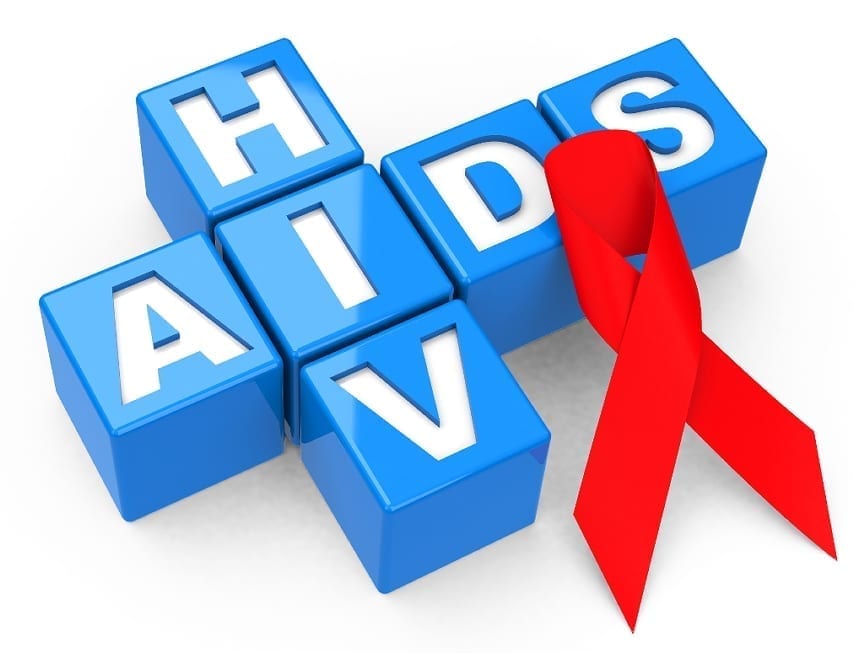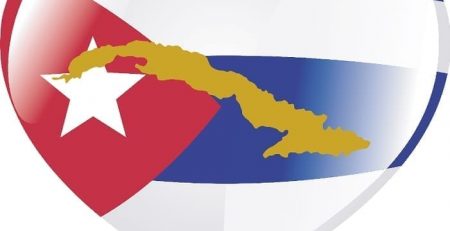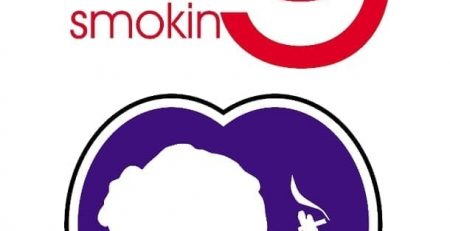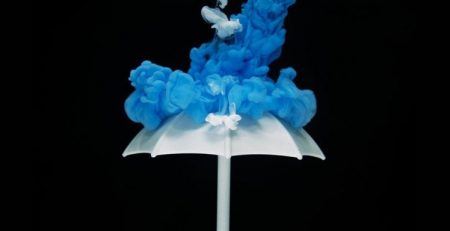Johnson & Johnson’s HIV Prime-Boost Vaccine Protects Half of Monkeys Tested
Johnson & Johnson announced last week that scientists at Beth Israel Deaconess Medical Center (BIDMC), Crucell Holland B.V, one of the Janssen Pharmaceutical Companies of Johnson & Johnson (Janssen), and several other collaborators published results from a preclinical study of an HIV vaccine regimen used in in non-human primates in the online edition of Science.
The vaccine is comprised of two parts—a cold-causing virus that contained three HIV proteins, which caused the primates immune systems to develop anti-bodies against the virus, and purified HIV boosters that increased the immune response.
Twelve monkeys were given a prime-boost vaccine, 12 were given just the prime vaccine, and an additional 8 were given a placebo. Scientists then injected them with simian immunodeficiency virus (SIV), which affects monkeys the same way HIV does humans. Six doses that were each 100 times stronger than what humans are typically exposed to were administered.
Six of the monkeys given the prime-boost vaccine were SIV-free. Two of the 12 monkeys that received the prime-only vaccine were SIV-free, and all 8 that received the placebo vaccine were infected.
This study provided Johnson & Johnson with the evidence they needed to proceed to human trials. At the time of the announcement, the phase 1/2a study (HIV-V-A004) had enrolled 400 volunteers in the United States and Rwanda to evaluate heterologous prime-boost regimens, with sites in South Africa, Uganda and Thailand slated to open soon.
According to the World Health Organization, 35 million people worldwide were living with HIV as of 2013, with 2.1 million people becoming newly infected.
“Curing HIV is not an option for the moment because of the complexity of the biology,” said Paul Stoffels, M.D., Chief Scientific Officer and Worldwide Chairman, Pharmaceuticals, Johnson & Johnson in an online article by Bloomberg Business. “We think that the only solution is HIV vaccines to prevent people getting infected.”














